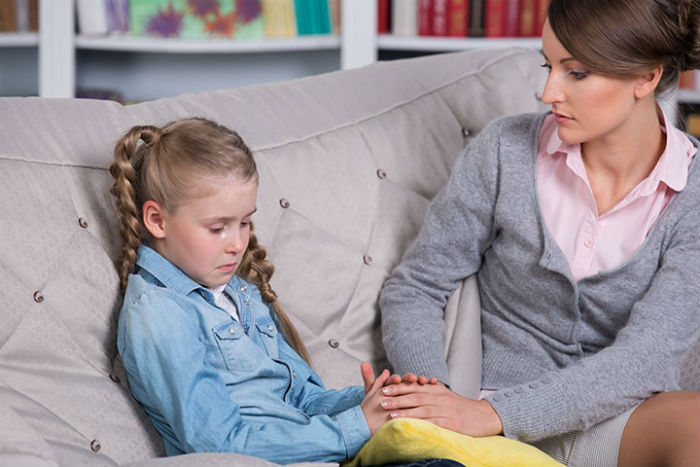We are going through difficult days and almost everyone has understood that. The current situation has an impact on our psychology, which is why we asked the opinion of a specialist psychologist.
Elina Charalambous gives advice through like.com.cy for both adults and children, so that these days pass easily and our psychology is affected as little as possible. Because we need strength, composure and patience.
Support yourself and your children during a pandemic
The virus Covid-19 has now reached us. Undoubtedly, this event caused great emotional upset and disorganization to all of us. By definition, a crisis brings with it emotions such as anxiety and insecurity. The point is to maintain our emotional balance. That is, through the proper management of our strong emotions, the goal is not to be overwhelmed by them and not to lose our functionality.
Children, due to their limited cognitive level and their increased exposure to the media, become more vulnerable to wrong conclusions and misinterpretations, which leads to even greater disturbance. A child's reaction to a period of crisis depends on his or her developmental level, mental health, previous experiences, and the support he or she receives from his or her immediate family environment.
In addition, the way we adults will deal with this crisis is directly related to the way children will understand and manage it, as we are role models for them.
We, as adults, make sure to:
- We are properly informed by reliable sources.
- We emphasize what we can control! We take self-defense measures to protect ourselves and those around us.
- We limit our exposure to news that upsets us.
- We have in mind that it is normal to feel anxiety, fear or anger during a crisis.
- We communicate with relatives and friends.
- We maintain a healthy lifestyle (ie, self-care, good nutrition, adequate sleep, exercise, social contact through technology).
- We maintain, as far as possible, the routine of our family.
- We do relaxation exercises (eg, deep breathing).
- We call for help or ask for professional help if we are overwhelmed by thoughts and feelings and are unable to manage them.
As far as the children are concerned:
- We are at their disposal to answer their questions.
- Clearly and honestly, we talk to the children about the facts. We allow the expression of thoughts, worries and feelings.
- We deny rumors and misinformation.
- We are preparing the children for possible changes.
- We encourage them to take an active role in order to have a sense of control over the situation (eg, to observe safety precautions, to explain to another child safety precautions).
- We avoid assigning responsibilities.
- We assure children that their feelings and worries are normal. We discuss various management methods together.
- We pay special attention to vulnerable children. If we notice that they have been greatly affected, we ask for professional help.
END, CHILDREN WILL FEEL THE SUPPORT AND THE EXPERIENCE OF THE SPECIAL THAT SUPPORTS THEM!
Source: like.philenews.com
